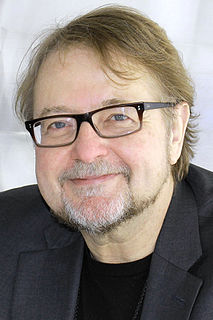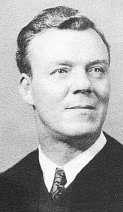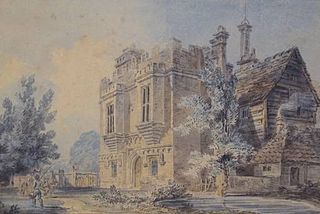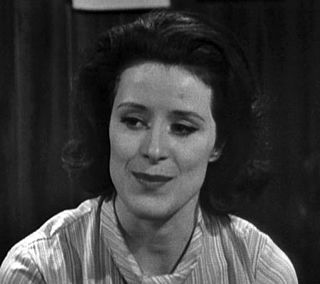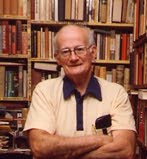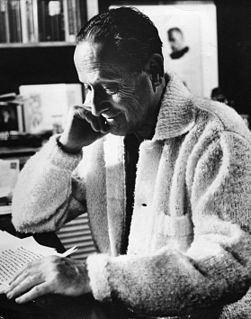A Quote by Jeanette Winterson
Even death after a long illness is without warning. The moment you had prepared for so carefully took you by storm. The troops broke through the window and snatched the body and the body is gone. ... Death reduces us to the baffled logic of a small child. If yesterday why not today?
Related Quotes
We are left with nothing but death, the irreducible fact of our own mortality. Death after a long illness we can accept with resignation. Even accidental death we can ascribe to fate. But for a man to die of no apparent cause, for a man to die simply because he is a man, brings us so close to the invisible boundary between life and death that we no longer know which side we are on. Life becomes death, and it is as if this death has owned this life all along. Death without warning. Which is to say: life stops. And it can stop at any moment.
No tabloid will ever print the startling news that the mummified body of Jesus of Nazareth has been discovered in old Jerusalem. Christians have no carefully embalmed body enclosed in a glass case to worship. Thank God, we have an empty tomb. The glorious fact that the empty tomb proclaims to us is that life for us does not stop when death comes. Death is not a wall, but a door.
There is another side to death. Whether death happens through an act of violence to a large number of people or to an individual, whether death comes prematurely through illness or accident, or whether death comes through old age, death is always an opening. So a great opportunity comes whenever we face death.
Much is being missed because of fear. We are too attached to the body and we go on creating more and more fear because of that attachment. The body is going to die, the body is part of death, the body is death - but you are beyond the body. You are not the body; you are the bodiless. Remember it. Realize it. Awaken yourself to this truth - that you are beyond the body. You are the witness, the seer.
These were the lovely bones that had grown around my absence: the connections-sometimes tenuous, sometimes made at great cost, but often magnificent-that happened after I was gone. And I began to see things in a way that let me hold the world without me in it. The events that my death wrought were merely the bones of a body that would become whole at some unpredictable time in the future. The price of what I came to see as this miraculous body had been my life.
The body is a fortuitous concourse of atoms. There is no death for the body, only an exchange of atoms. Their changing places and taking different forms is what we call 'death.' It's a process which restores the energy level in nature that has gone down. In reality, nothing is born and nothing is dead.
Some day you will read in the papers that D.L. Moody of East Northfield, is dead. Don't you believe a word of it! At that moment I shall be more alive than I am now; I shall have gone up higher, that is all, out of this old clay tenement into a house that is immortal-a body that death cannot touch, that sin cannot taint; a body fashioned like unto His glorious body.
How little we have, I thought, between us and the waiting cold, the mystery, death--a strip of beach, a hill, a few walls of wood or stone, a little fire--and tomorrow's sun, rising and warming us, tomorrow's hope of peace and better weather . . . What if tomorrow vanished in the storm? What if time stood still? And yesterday--if once we lost our way, blundered in the storm--would we find yesterday again ahead of us, where we had thought tomorrow's sun would rise?


